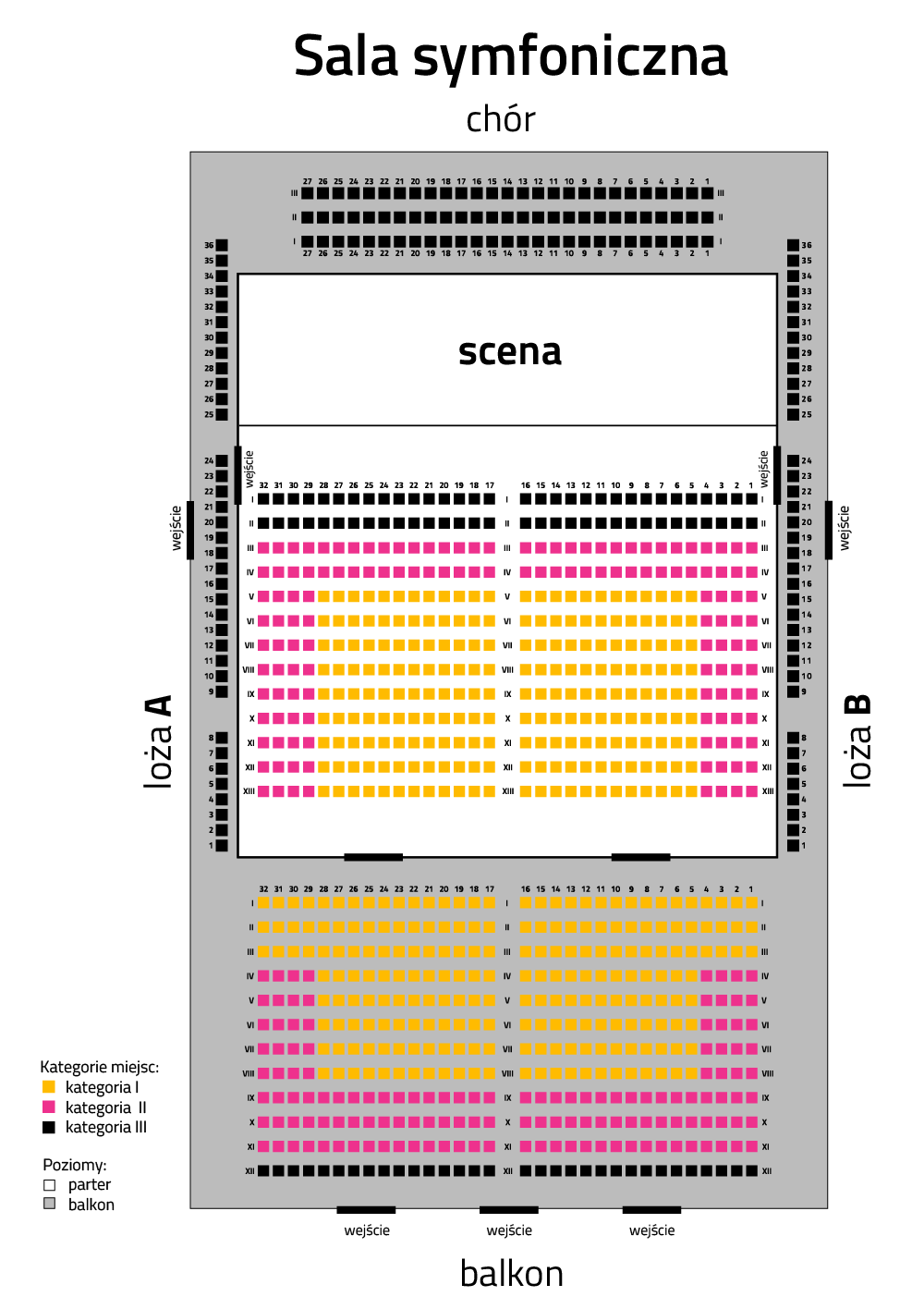Can our southern neighbors recommend something to us except delicious dumplings, beer and beautiful monuments? Yes, they can. These are compositions of the leading representatives of the Czech national music of the nineteenth century – Antonín Dvořák and Zdeněk Fibich.
Continuing his family tradition, Antonín Dvořák could become a butcher and innkeeper, ten Zdeněk Fibich would have one musical competitor less. Fortunately for us, instead of serving his father's clients, young Antonín preferred to play an instrument in an amateur fashion for them while they were dancing. Thanks to this, it quickly turned out that he had undoubted musical talent. He developed it to such an extent that, in time, he became the first Czech composer whose music gained widespread recognition all over the world in his lifetime (which is not common). However, Fibich's importance in the history of music was and still is, underestimated. Therefore, it is good that the Philharmonic in Szczecin during the same evening will present Symphony No. 5 in F major Op. 76 (1875) by Dvořák, which can be especially close to us, thanks to the rich Slavic musical inspirations, and will also recall the moody and idyllic Symphonic Poem ‘At twilight’ Op. 39 (1893) by Fibich. Incidentally, a very well-known musical theme comes from, often used by helplines as a waiting time moderator. Are you curious which piece it is? Run to the concert!
A Russian composer Reinhold Glière did not have the full creative freedom that the above-mentioned Czechs could enjoy, not because of the lesser musical talent, but the country and the age in which he lived. An epoch in which art was subordinated to the ideology of socialist realism. Whoever wanted their works to be performed had to adapt. Otherwise, the scores remained unknown. Like Fibich and Dvořák, he was fascinated by folklore, but in his case, references to folk music were often meant to massify it, not to show its beauty and uniqueness. Fortunately, the composer also left works without regime influence. One of them is Concerto in E flat major for harp and orchestra Op. 74 (1938), saturated with lyrical, melodious melodies. It is thanks to such works that Glière came down in history as a continuator of the great traditions of Russian music classics.
Dear music lovers, if you want to relax after a hard day, go to a concert filled with romantic and soothing music. Feel invited!
Exhibition available during event:
Plakaty | Władysław PlutaNa wystawie pokazanych zostanie ponad 60 plakatów z ostatnich 20 lat twórczości Władysława Pluty, realizowanych głównie dla potrzeb instytucji kulturalnych Krakowa, takich jak Akademia Sztuk Pięknych im. Jana Matejki w Krakowie, Muzeum Narodowe w Krakowie, ZPAP Okręg Krakowski, Akademia Muzyczna w Krakowie, Dydo Poster Collection, Muzeum Sztuki w Ołomuńcu, Międzynarodowe Biennale i Triennale Grafiki i wiele innych. Większość plakatów stanowi serie. Prace pokazują zainteresowania autora typografią. Plakaty Władysława Pluty cechuje powściągliwość i lapidarność przekazu.
Mecenasem koncertu "Wirtuoz harfy" jest Lesław Siemaszko.
Mecenas

DETAILS
Wirtuoz harfy
22-11-2019 19:00

Symphony HallFilharmonia im. Mieczysława Karłowicza w Szczecinie
ul. Małopolska 48
70-515 Szczecin

